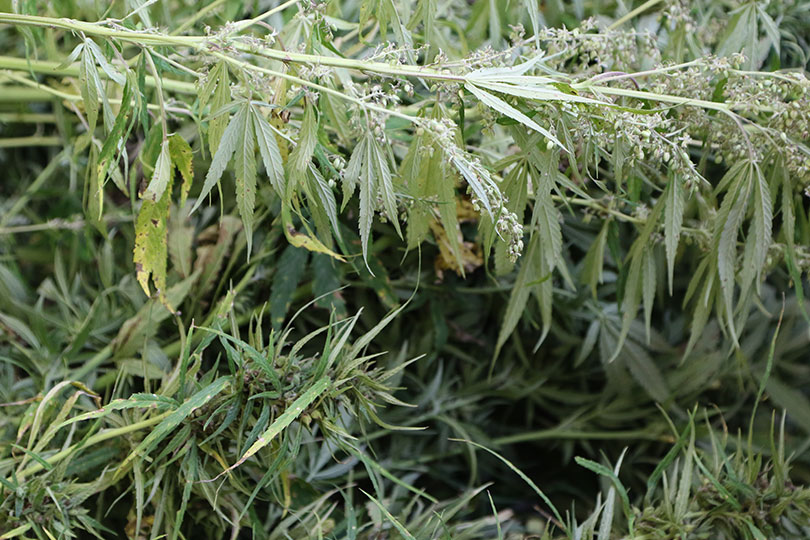By Jennifer Dorsett
Field Editor
Since growing hemp was legalized under the 2018 Farm Bill, many farmers have been eager to learn more about growing the crop. But finding reliable resources can be difficult.
However, a hemp research and promotion board overseen by the U.S. Department of Agriculture (USDA), commonly known as a commodity checkoff program, could pave the way for more grower, processor and consumer knowledge.
Organizations like the National Industrial Hemp Council (NIHC) and Hemp Industries Association (HIA) offer factual, science-based information for those interested in growing hemp or manufacturing and using hemp-based products. Together, the NIHC and HIA recently conducted a month-long survey on industry attitudes toward a hemp checkoff program.
Responses were overwhelmingly positive, with nearly eight out of every 10 farmers and processors supporting the development of a checkoff program for research, promotion and consumer education. More than 60 percent of those surveyed said they support being assessed to fund the program.
“This is exciting news for our industry and exciting that there is such wide consensus in our industry to support such a program,” Patrick Atagi, board chairman of the NIHC, said. “We believe that a checkoff program will help hemp not only develop markets for hemp products but also fund much needed research and educate consumers on the usefulness and versatility of hemp.”
Over 80 percent of respondents said they strongly agreed or agreed on the need for additional research in seed development, agronomics, fiber, grain and CBD and/or oil processing.
“It’s clear from the survey response that there is a broad level of excitement around the idea of a national hemp checkoff program and significant interest in the potential return the hemp industry could see from an effective research and marketing program under USDA,” HIA President Rick Trojan said. “We in the industry recognize the incredible potential of this agricultural commodity, and there was a strong consensus around the importance of educating the market about the value of hemp across the supply chain for food/grain, fiber and cannabinoids.”
USDA’s Agricultural Marketing Service (AMS) currently oversees 21 checkoff programs.
The funding for such programs is industry specific, usually through deductions from sales by producers, marketers and importers.
The U.S. Secretary of Agriculture appoints board members to each research and promotion board. Those boards direct and carry out programs and day-to-day board management responsibilities. AMS oversees the boards through ensuring fiscal responsibility, program efficiency and fair treatment of participating stakeholders.
NIHC and HIA are now forming a task force comprised of members from across the industrial hemp sector to determine how a hemp checkoff would be structured and operate. Those observations will go toward the development of a checkoff program proposal to USDA that will include an industry analysis, program justification, objectives and the impact on small businesses.
“It’s encouraging to see the positive feedback this dialogue with the industry has generated so far, and we look forward to continuing to partner with the NIHC and other forward-looking allies to explore the tremendous opportunity a national checkoff represents for hemp,” Trojan said.
To view more survey results, visit NIHC’s website.

